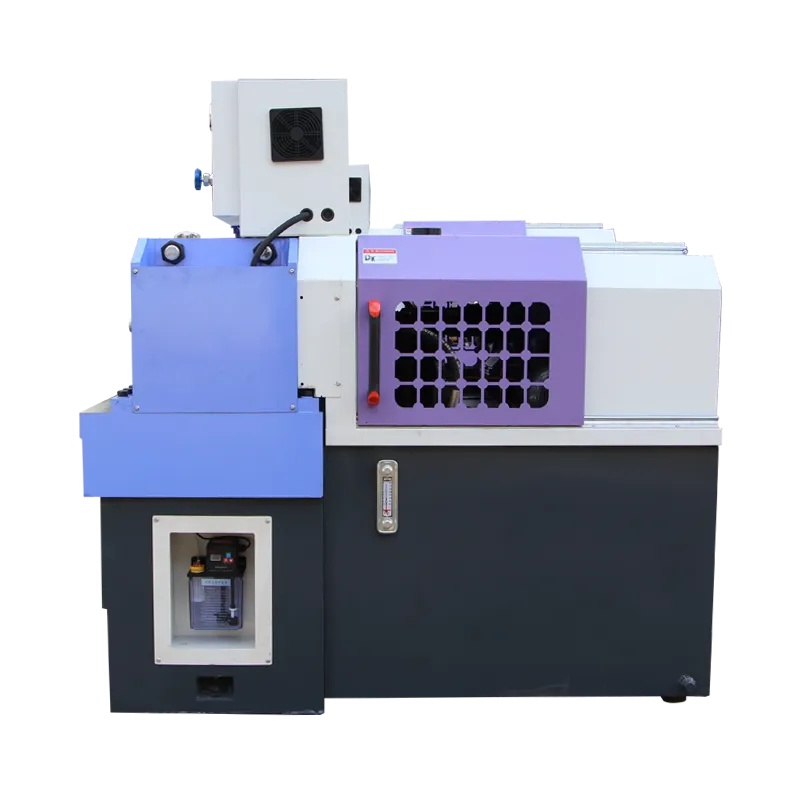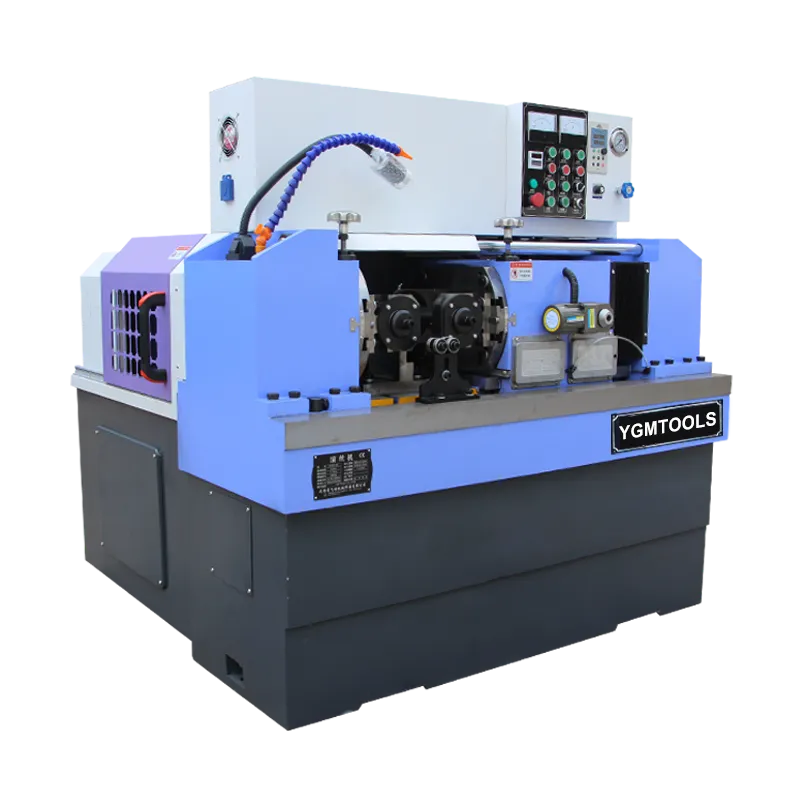
-
 Afrikaans
Afrikaans -
 Albanian
Albanian -
 Amharic
Amharic -
 Arabic
Arabic -
 Armenian
Armenian -
 Azerbaijani
Azerbaijani -
 Basque
Basque -
 Belarusian
Belarusian -
 Bengali
Bengali -
 Bosnian
Bosnian -
 Bulgarian
Bulgarian -
 Catalan
Catalan -
 Cebuano
Cebuano -
 Corsican
Corsican -
 Croatian
Croatian -
 Czech
Czech -
 Danish
Danish -
 Dutch
Dutch -
 English
English -
 Esperanto
Esperanto -
 Estonian
Estonian -
 Finnish
Finnish -
 French
French -
 Frisian
Frisian -
 Galician
Galician -
 Georgian
Georgian -
 German
German -
 Greek
Greek -
 Gujarati
Gujarati -
 Haitian Creole
Haitian Creole -
 hausa
hausa -
 hawaiian
hawaiian -
 Hebrew
Hebrew -
 Hindi
Hindi -
 Miao
Miao -
 Hungarian
Hungarian -
 Icelandic
Icelandic -
 igbo
igbo -
 Indonesian
Indonesian -
 irish
irish -
 Italian
Italian -
 Japanese
Japanese -
 Javanese
Javanese -
 Kannada
Kannada -
 kazakh
kazakh -
 Khmer
Khmer -
 Rwandese
Rwandese -
 Korean
Korean -
 Kurdish
Kurdish -
 Kyrgyz
Kyrgyz -
 Lao
Lao -
 Latin
Latin -
 Latvian
Latvian -
 Lithuanian
Lithuanian -
 Luxembourgish
Luxembourgish -
 Macedonian
Macedonian -
 Malgashi
Malgashi -
 Malay
Malay -
 Malayalam
Malayalam -
 Maltese
Maltese -
 Maori
Maori -
 Marathi
Marathi -
 Mongolian
Mongolian -
 Myanmar
Myanmar -
 Nepali
Nepali -
 Norwegian
Norwegian -
 Norwegian
Norwegian -
 Occitan
Occitan -
 Pashto
Pashto -
 Persian
Persian -
 Polish
Polish -
 Portuguese
Portuguese -
 Punjabi
Punjabi -
 Romanian
Romanian -
 Russian
Russian -
 Samoan
Samoan -
 Scottish Gaelic
Scottish Gaelic -
 Serbian
Serbian -
 Sesotho
Sesotho -
 Shona
Shona -
 Sindhi
Sindhi -
 Sinhala
Sinhala -
 Slovak
Slovak -
 Slovenian
Slovenian -
 Somali
Somali -
 Spanish
Spanish -
 Sundanese
Sundanese -
 Swahili
Swahili -
 Swedish
Swedish -
 Tagalog
Tagalog -
 Tajik
Tajik -
 Tamil
Tamil -
 Tatar
Tatar -
 Telugu
Telugu -
 Thai
Thai -
 Turkish
Turkish -
 Turkmen
Turkmen -
 Ukrainian
Ukrainian -
 Urdu
Urdu -
 Uighur
Uighur -
 Uzbek
Uzbek -
 Vietnamese
Vietnamese -
 Welsh
Welsh -
 Bantu
Bantu -
 Yiddish
Yiddish -
 Yoruba
Yoruba -
 Zulu
Zulu
Premium CNC Thread Rolling Machine Factory High-Precision Manufacturing
- Introduction to CNC thread processing technology
- Technical superiority in modern thread rolling equipment
- Comparative analysis of leading manufacturers
- Customization capabilities for specific industrial requirements
- Real-world application scenarios across multiple industries
- Cost-benefit assessment and production impact
- Selecting the ideal manufacturing partner for reliability

(cnc thread rolling machine factory)
Unveiling Precision Engineering in Thread Fabrication
Contemporary manufacturing relies on specialized equipment for producing high-tolerance threaded components. Advanced cold-forming techniques employed by industrial suppliers transform raw materials into precision parts with exceptional dimensional consistency. This technology demonstrates particular advantages when processing hardened steels, aerospace alloys, and medical-grade materials where thread integrity directly impacts product safety and performance.
Rolling specialists optimize cycle times to 4-8 seconds per component depending on thread complexity, significantly outperforming traditional machining. Material savings range between 15-25% since no waste chips are generated during the cold-forming process. Industry-certified facilities follow ISO 9001 standards throughout production, ensuring uniform quality across batches.
Technical Excellence in Thread Formation Equipment
Fourth-generation CNC rolling units incorporate servo-controlled radial infeed mechanisms achieving accuracies within ±0.005mm. Integrated measurement systems automatically compensate for tool wear using real-time feedback loops, maintaining consistency through extended production runs. Automated lubrication dispensers optimize lubricant delivery while connected coolant management systems extend perishable tool life by 30-40%.
Processing capabilities now reach diameters of 0.5mm to 80mm with new linear motor systems enabling production speeds previously unattainable. For stainless steel M6 fasteners, modern equipment demonstrates 20% higher output compared to earlier hydraulic models. Intelligent servo technology permits thread profiles that conventional machining cannot produce cost-effectively, including complex medical implants requiring surface roughness below Ra 0.2μm.
Market Comparison of Industrial Equipment Producers
| Supplier Features | High-Precision Units | Standard Industrial Models | Hybrid Solutions |
|---|---|---|---|
| Maximum Diameter Capacity | 50mm | 80mm | 65mm |
| Production Speed (parts/min) | 18 | 12 | 15 |
| Accuracy Tolerance | ±0.002mm | ±0.01mm | ±0.005mm |
| Automation Integration | Industry 4.0 Protocols | Basic PLC | IoT Connectivity |
| Energy Consumption (kW/h) | 16 | 24 | 20 |
The table illustrates capability variations between three distinct equipment categories. Suppliers offering high-precision configurations prioritize micro-fine accuracy rather than volume throughput, while industrial manufacturers emphasize component size versatility.
Project-Specific Engineering Solutions
Specialized equipment manufacturers develop purpose-built configurations for unique manufacturing challenges. Adaptable systems permit modification of roll tooling diameters, pressure optimization for unusual alloys, and integration with secondary processing stations. Aerospace fastener producers particularly benefit from systems producing NAS-approved threads in heat-resistant superalloys, with equipment calibration maintaining accuracy at operating temperatures exceeding 700°C.
Medical implant specialists utilize small-diameter equipment with ISO Class 7 cleanliness protocols to achieve the necessary surface integrity. For these critical applications, customized monitoring systems track over 20 process parameters simultaneously, storing data for traceability requirements. These technical accommodations permit automotive suppliers to implement on-demand threading solutions reducing inventory overheads by 15-30%.
Implementation Across Industrial Segments
Over 75% of new automobiles contain suspension components processed on computer-controlled rolling equipment. This manufacturing approach significantly enhances fatigue resistance, particularly important for safety-critical elements. Electronics manufacturers employ smaller desktop machines producing threaded brass inserts for circuit boards at tolerances meeting IPC specifications.
Petrochemical operations demonstrate substantial cost benefits when adopting custom-configured machines. Production yield for corrosion-resistant pipeline connectors approaches 99.6% versus traditional machining methods. The hydraulic industry similarly benefits from processing capabilities generating leak-proof fluid ports without secondary sealing treatments.
Operational Economics and Productivity Metrics
Industrial assessments consistently indicate 60-70% cost reductions per threaded component when switching from machining to cold-forming methods. This advantage stems from reduced material needs plus labor savings achieved through automation. Facilities report a typical amortization period of 14-18 months based on three-shift operations. Production managers highlight how modular designs minimize non-productive downtime, accomplishing tool changeovers in under 8 minutes.
Energy efficiency measurements show modern computer-controlled machines consume 35% less electricity than hydraulic predecessors while generating higher output volumes. When environmental compliance factors enter calculations, new electrically powered machines produce significantly less waste coolant than previous generations, reducing disposal expenses. Analysis of operational expenditures reveals maintenance constitutes only 3-5% of lifetime ownership costs for premium systems.
Critical Selection Factors for Manufacturing Equipment Partners
Industrial procurement professionals emphasize comprehensive verification protocols when identifying production solutions. Detailed qualification includes examination of design validation documentation plus rigorous material certifications. Leading facilities maintain dedicated application engineering departments to translate customer requirements into customized equipment specifications.
Responsible equipment manufacturers establish long-term reliability commitments through comprehensive support networks. Maintenance agreements incorporating real-time diagnostics minimize potential interruptions with 95% of component repairs resolved remotely. This support structure becomes particularly valuable when international operations require coordinated global technical assistance.

(cnc thread rolling machine factory)
FAQS on cnc thread rolling machine factory
以下是根据要求创建的5组英文FAQs问答,使用HTML富文本形式:Q: Where can I find a reliable CNC thread rolling machine factory?
A: Our manufacturing plants in industrial zones house state-of-the-art CNC machining centers. All factories maintain ISO 9001 certification and offer onsite technical support. Production facilities are strategically located near major seaports for efficient global distribution.
Q: What distinguishes your cnc thread rolling machine company from competitors?
A: We integrate AI-driven quality control systems and IoT-enabled predictive maintenance. Our patented rolling head technology ensures ±0.005mm precision consistently. Every machine undergoes 72-hour continuous stress testing before shipment.
Q: Can cnc thread rolling machine suppliers provide custom thread profiles?
A: Yes, we engineer specialized dies for unique thread forms like trapezoidal or multi-start threads. Our R&D department uses 3D simulation software to prototype custom profiles. Customization requests typically have 15-day turnaround from design approval.
Q: What materials can your CNC thread rolling machines process?
A: Our equipment handles materials from soft aluminum alloys to hardened steels up to 60 HRC. Dual-pressure hydraulic systems adapt to material hardness variations. Specialized machines are available for exotic metals like Inconel and titanium.
Q: Do you provide technical training for CNC thread rolling machine operators?
A: Comprehensive training programs include hands-on machine operation and CNC programming. Certified trainers conduct sessions at your facility or our training centers. All trainees receive detailed operation manuals and troubleshooting guides.
